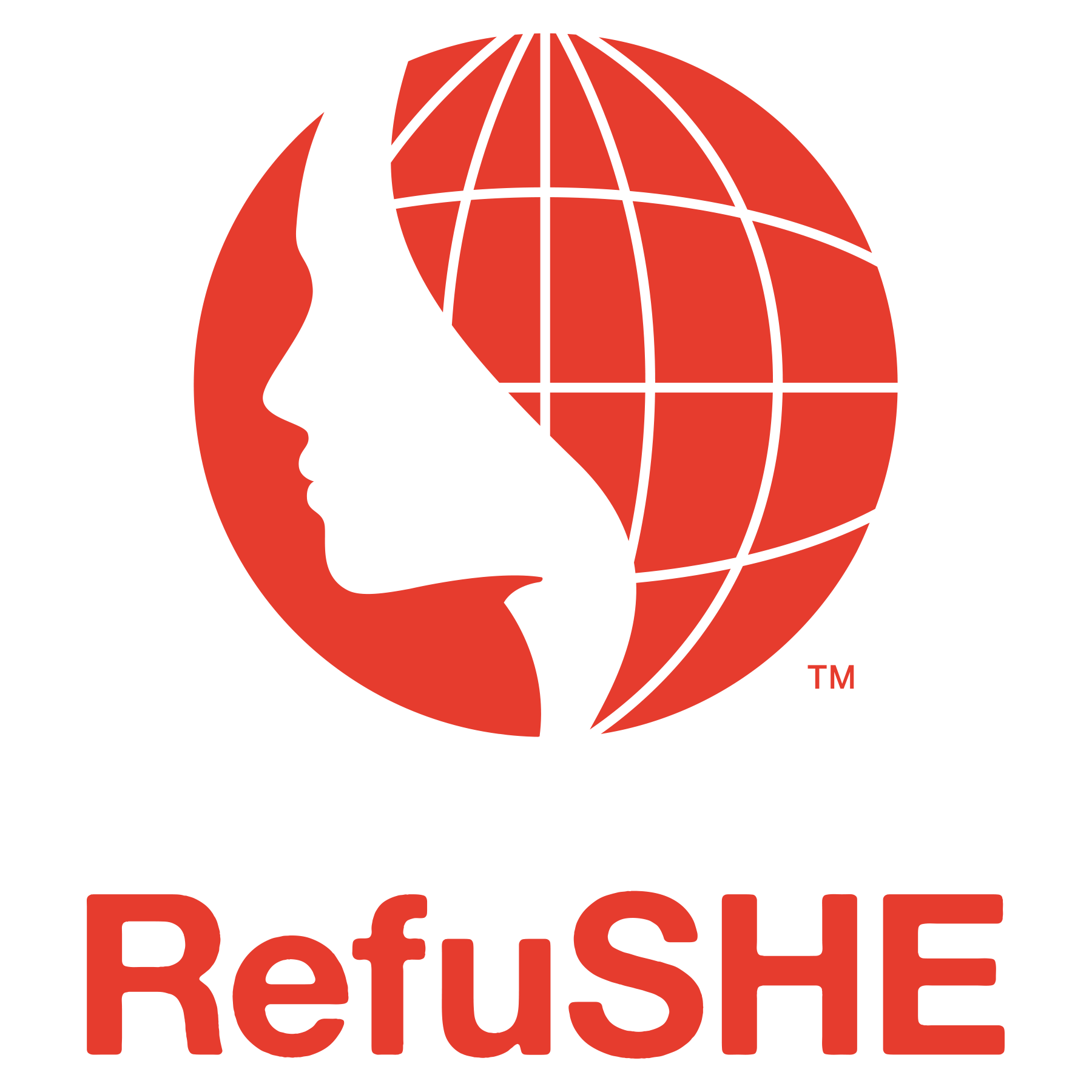Alisa's Journey from Forced Marriage to Finding Hope
Alisa, a 19-year-old Congolese refugee, is the eldest of nine siblings. In her homeland, she was a dedicated high school student who loved biology and dreamed of becoming a doctor. However, her aspirations were abruptly interrupted when suitors began approaching her parents, seeking her hand in marriage.
At just 17 years old, Alisa felt unprepared for marriage. "I still saw myself as a child," she explains, "I wanted to finish school, to have a chance at my dreams." Despite voicing her concerns to her parents, the number of suitors increased, and the marriage plans persisted.
"They told me that all the girls my age in our village were already married," Alisa recalls, her voice tinged with sadness. "They said going to school as a girl was a waste of time since there were no jobs in Congo, even if I managed to complete my education."
Torn between her dreams and the cultural expectations placed upon her, Alisa faced a difficult choice. Little did she know that circumstances beyond her control would soon dramatically alter her path.
One evening, while returning home from school, Alisa was ambushed by unknown men and forcibly taken to the house of a suitor who had her parents' approval. "He assaulted me," Alisa recounts. "I couldn't bear to stay there any longer, so I escaped back to my parents' house."
“Before RefuSHE, I was constantly stressed and had thoughts of self-harm,” Alisa admits. “But counseling has taught me coping strategies, and I’ve learned to accept my past. Those negative thoughts are gone now.”
Upon her return, however, Alisa found no solace. Her parents were cold and demanded she return to the suitor's home. When she refused, they subjected her to constant verbal abuse. Soon after, Alisa discovered she was pregnant. Without family support, she found herself under immense stress, feeling isolated and alone.
When Alisa was six months pregnant, war erupted in her village. To her shock, her family abandoned her. "They didn't want me to accompany them because I was heavily pregnant and would slow them down," she explains. Left with no choice, Alisa fled on her own, eventually joining other villagers who assisted her on the difficult journey to safety.
Arriving in Kenya in January 2023, Alisa relied on strangers' kindness for survival. Her pregnancy made finding work difficult, leaving her vulnerable to abuse from those who judged her situation harshly.
"People treated me poorly because I was unmarried and pregnant," Alisa recounts. "Some called me a prostitute. I even considered abandoning my baby after birth due to the circumstances of his conception."
When her son was three months old, a compassionate individual connected Alisa with RefuSHE where she was referred to our Safe House. Both mother and child received crucial medical care. As their health improved, Alisa began counseling sessions to address her trauma.
"Before RefuSHE, I was constantly stressed and had thoughts of self-harm," she admits. "But counseling has taught me coping strategies, and I've learned to accept my past. Those negative thoughts are gone now."
At the Safe House, Alisa also received essential support: food, shelter, and clothing for herself and her baby. Most importantly, she learned to embrace motherhood.
"Through counseling, I was able to accept my baby and I was taught how to raise him," Alisa says, her voice filled with newfound joy. "Despite my initial feelings, today I love my son deeply. All the negative thoughts I had after giving birth have vanished."
At the Safe House, Alisa has also found a supportive community of fellow refugee and Kenyan girls. "I've made friends and realized that everyone faces their own challenges," she reflects. "It's comforting to know I'm not alone. Some have even endured harder circumstances, yet they remain strong."
“I used to feel all alone in this world, but since coming to the Safe House, that’s changed. I can now envision a future for myself and my son, despite everything we’ve been through.”
Alisa's relationship with her son has blossomed. "When he was born, I felt an overwhelming amount of love. All my negative thoughts about him vanished," she shares warmly. Now one year old, her son is healthy and thriving.
In addition to counseling, Alisa participates in yoga and Zumba classes at the Safe House. "Yoga has helped clear my mind," she explains. "Even when I'm stressed, joining the class brings calm and relaxation. My body feels less tense now."
Despite her past challenges, Alisa remains hopeful about rebuilding her life and pursuing her dream of becoming a doctor. Her passion for math, biology, and chemistry continues to fuel this aspiration.
For Alisa, a promising future means safety and well-being for herself and her son, access to basic necessities, and an education that will lead to self-sufficiency. She concludes with newfound optimism: "I used to feel all alone in this world, but since coming to the Safe House, that's changed. I can now envision a future for myself and my son, despite everything we've been through."

